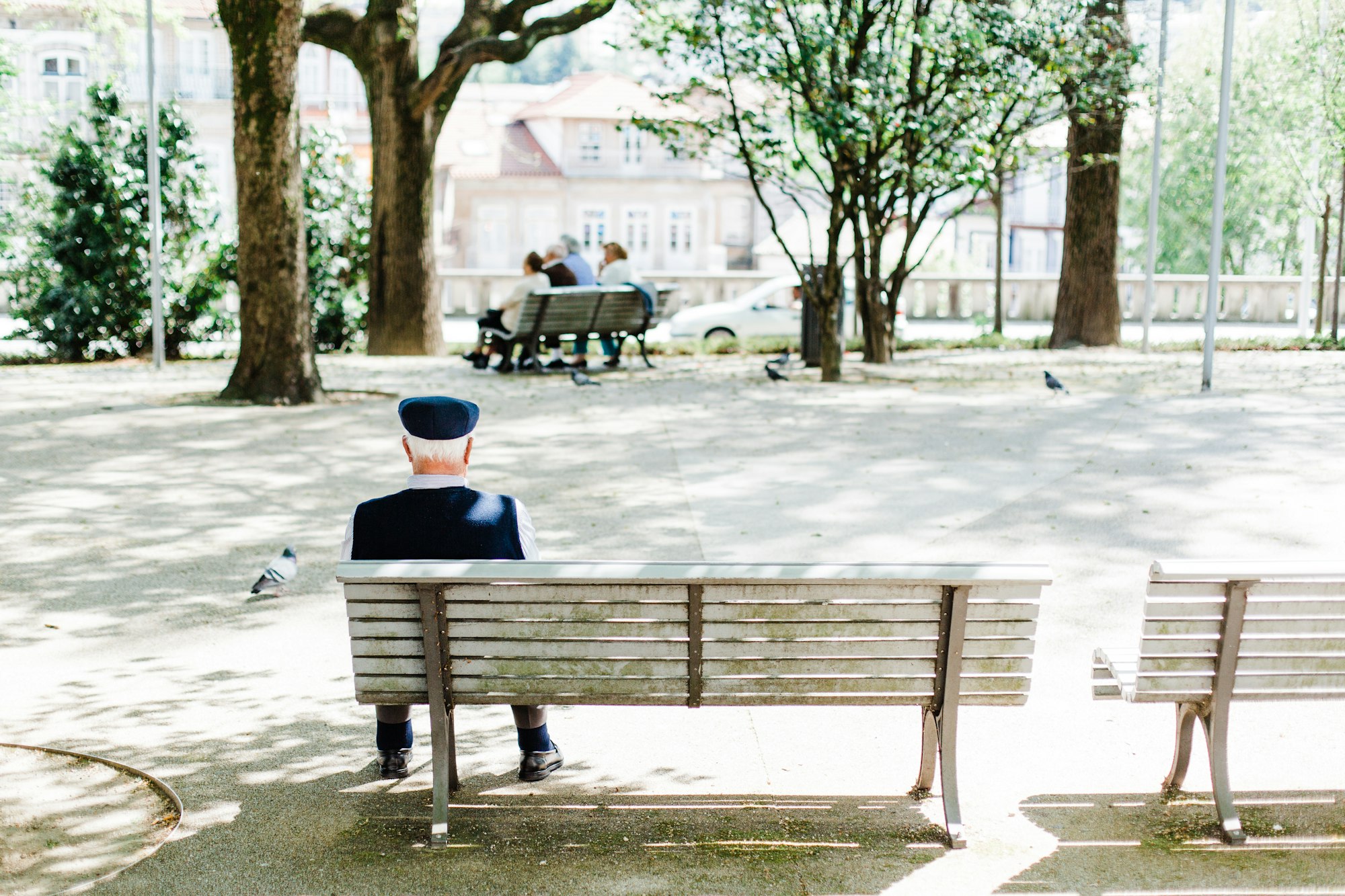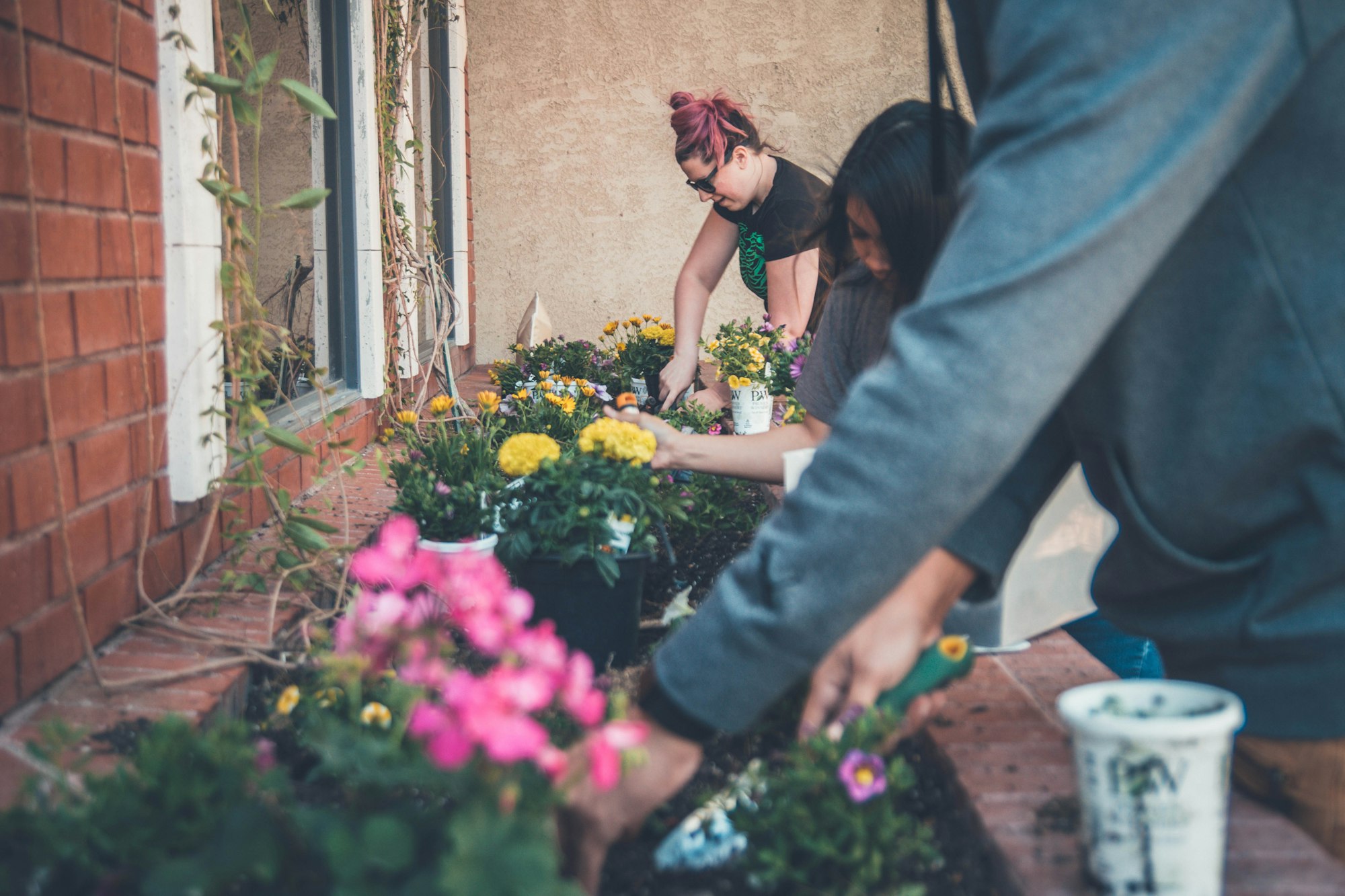Loneliness isn't just an occasional feeling for many Australians. It's a profound and often painful reality that is becoming a significant public health concern.
Startling data reveals the depth of this issue: ABS data from 2022 states that an alarming 1 in 5 Australians reported feeling very lonely. Other research indicates that number can be as high as 1 in 3 Australians.
This represents countless individuals navigating daily life with a quiet ache for connection. Sometimes it can be hard to recognise when someone we know or care about is feeling lonely.
That’s why it’s crucial to understand the nuanced aspects of loneliness in Australia, from its varied definitions to its far-reaching impacts on our health and the specific groups most affected.
This guide aims to shed light on the issue, offering insights and practical strategies to foster genuine connections and build a more inclusive society where fewer people feel truly alone.
Like Family has spent years trying to raise awareness about the growing issue of loneliness, inspiring action through its annual Not Alone Day initiative to reduce social isolation in Australia.
What exactly is loneliness?
While the experience of loneliness is universally understood as an unwelcome and painful feeling, researchers actually have no single, agreed-upon definition. This complexity arises from the subjective nature of loneliness itself.
Some researchers define loneliness as the perceived discrepancy between the quality and quantity of social relationships someone has and those they desire. This means that loneliness isn't necessarily about being alone, but rather about the feeling of lacking meaningful connections.
Other perspectives see loneliness broken into two distinct dimensions. The first is social loneliness, is where an individual feels a lack of a wider social network or group connections. It's about missing a sense of belonging to a community or having enough acquaintances.
The second is emotional loneliness, which describes the absence of an intimate, close relationship, such as with a partner, best friend, or family member. It's the feeling of lacking deep emotional connection and understanding.
Despite the varying definitions, the universal consensus is that loneliness is a distressing and unpleasant emotional state.
Beyond that, there is agreement among experts that more measurement and study is needed to truly understand what interventions are most effective in preventing and alleviating loneliness, not just in Australia, but globally.
The impact of loneliness on physical and mental health

UCLA research examined by recent guidance from the Campaign to End Loneliness has found a number of alarming health impacts on individuals who are experiencing loneliness.
Loneliness is a serious health consideration, with recent studies revealing that social disconnection is directly associated with an increased likelihood of premature death, by up to 26%.
Loneliness has also been found to contribute to health problems including psychological stress, higher blood pressure, sleep problems, depression and cognitive decline.
People who become lonely, or remain lonely, visit their GPs more often and present at hospital more frequently. Social isolation is also associated with less physical exercise, a greater prevalence of regular smoking and excessive alcohol consumption
— Professor Alan Duncan, Bankwest Curtin Economics Centre Director
People who experience chronic loneliness have an increased risk of developing dementia by 31%.
It is also true that loneliness affects mortality, with almost 150 studies all confirming that participants with stronger social relationships and ties had a 50% decreased risk of mortality.
Who is most vulnerable to loneliness in Australia?
While anyone can experience loneliness at any point in their lives, certain demographics in Australia are disproportionately impacted.
Those more prone to experiencing loneliness in Australia include:
- Young people (18–24 years old): Despite being digitally connected, many young Australians report high levels of loneliness. This can be attributed to the pressures of social media, transitions into adulthood, and challenges in forming deep, in-person connections.
- People living alone: The absence of daily social interaction within the home can contribute significantly to feelings of isolation.
- Single people: While not all single people are lonely, those who desire partnership or intimate connection may experience emotional loneliness.
- Unemployed people and those receiving income support: Financial hardship and the loss of workplace social networks can lead to increased social isolation and loneliness.
- People with disability: Barriers to participation in social activities, accessibility issues, and societal attitudes can contribute to loneliness among individuals with disabilities.
- Indigenous Australians: Historical and ongoing systemic disadvantages, including dispossession, discrimination, and limited access to services, can contribute to heightened rates of loneliness and social isolation within Indigenous communities.
- People from Culturally and Linguistically Diverse (CALD) backgrounds: Language barriers, cultural differences, and challenges in integrating into new communities can lead to feelings of isolation and loneliness.
- Older adults: While previously thought to be the primary group affected, research now shows loneliness is prevalent across all ages. However, older adults can be at risk due to factors like bereavement, declining health, and reduced mobility.
How can I combat feelings of loneliness?

If you are yearning for companionship, know that there are things you can do to overcome the feelings of isolation. Combating loneliness often involves intentional effort to build and nurture connections. Here are some ideas to get you started:
- Embrace new hobbies and interests: Engaging in activities you enjoy is an excellent way to meet like-minded people. Whether it's joining a sports team, taking an art class, learning a musical instrument, or participating in a book club, shared interests provide a natural basis for connection.
- Volunteer in your community: Giving back to your local community offers a dual benefit: it contributes to a worthy cause and provides opportunities to meet new people who share your values. Volunteering can foster a strong sense of purpose and belonging.
- Join a club or group: Look for clubs or groups aligned with your interests. This could be a walking group, a photography club, a community garden, or a religious youth group. Structured activities make it easier to initiate conversations and build rapport.
- Open up and talk about it: Sometimes, simply talking to a trusted friend, family member, or mental health professional about your feelings of loneliness can be incredibly helpful. Articulating your experience can lead to identifying potential solutions and gaining support.
- Consider an event buddy or support worker: For those who find it challenging to attend social events alone, an event buddy or support worker can provide invaluable companionship and encouragement. This can open doors to experiences like music festivals, gallery openings, or community gatherings that might otherwise feel overwhelming.
- Focus on quality over quantity: It's not about having hundreds of friends, but rather a few meaningful connections. Invest time and effort into nurturing relationships that make you feel seen, heard, and valued.
- Use digital platforms mindfully: While not a replacement for in-person interaction, online communities and video calls can help maintain connections, especially with geographically distant loved ones. However, be mindful of excessive social media use, which can sometimes amplify feelings of loneliness.
Build lasting connections with Like Family
At Like Family, we are deeply committed to addressing social isolation and loneliness across Australia. As an NDIS registered provider, our mission is to foster human connections and build inclusive communities.
It’s also why we started Not Alone Day, to help raise awareness of the growing issue of loneliness in Australia.
We understand that seeking companionship and support can be a crucial step in combating loneliness. Our extensive network of over 3,000 aged care and disability support workers specialise in social and community support. They are dedicated to helping individuals build social skills, increase independence, and form meaningful connections.
Sign up now to choose a local support worker whose interests are the same as your own.

